We are proud to maintain our partnership with Book Aid International , Books For Africa. and International Law Book Facility
21st Century Information & Libraries Network (21st Century INFOLIBNET) is a prominent platform that promotes literacy and education in the Sidama region of Ethiopia through network partners BAI, BFA, and ILBF.
Mulugeta Woldetsadik, Librarian and Coordinator of Books Donation Projects in the Sidama Region, at Hawassa University, Ethiopia. – 21st Century INFOLIBNET
21st Century INFOLIBNET invites all interested individuals, non-profit organizations and governmental organizations to spread the love of reading by donating books to libraries, schools, or charitable organizations.
Help provide access to educational resources for those who may not have easy access to books!!!
IT IS TIME TO HONOUR OUR PARTNERS AND STAKEHOLDERS:
we must recognize the profound impact of books in forging connections across time—past, present, and future—and express our gratitude to our partner organizations: Book Aid International, Books For Africa, and the International Law Book Facility, for their unwavering support and dedication to promoting literacy and education
Introduction:
World Book Day is a global celebration dedicated to books and reading. It aims to promote the power of books to educate, entertain, and bridge divides. In this blog post, we will explore how we can celebrate World Book Day by supporting three important organizations: Book Aid International, Books For Africa, and International Law Book Facility.
1. Book Aid International:
Book Aid International is a charity that works to increase access to books and support literacy in developing countries. They provide books, resources, and training to libraries, schools, and universities in Africa and around the world. Here are some ways we can celebrate World Book Day with Book Aid International:
* Donate Books: Consider donating books to Book Aid International. Your donation can help provide educational resources to communities in need [1].
* Fundraise: Organize a fundraising event or campaign to support Book Aid International’s work. Every donation can make a difference in promoting literacy and education [5].
* Volunteer: Explore volunteering opportunities with Book Aid International. You can contribute your time and skills to help sort, pack, and distribute books to those who need them [5].
2. Books For Africa:
Books For Africa is a non-profit organization that collects, sorts, ships, and distributes books to children and adults in Africa. They aim to end the book famine in Africa and promote literacy and education. Here’s how we can celebrate World Book Day with Books For Africa:
* Donate Books: Consider donating books to Books For Africa. Your contribution can help provide educational resources to schools and libraries in Africa [2].
* Support Fundraising Initiatives: Participate in fundraising initiatives organized by Books For Africa. Your support can help cover the costs of shipping books to Africa and supporting their programs [2].
* Spread Awareness: Share information about Books For Africa on social media or through word-of-mouth. By raising awareness, you can help more people understand the importance of access to books and education [2].
3. International Law Book Facility:
The International Law Book Facility (ILBF) is an organization that supports the development of legal education and access to justice in developing countries. They provide legal textbooks and resources to law libraries and institutions. Here’s how we can celebrate World Book Day with the ILBF:
* Advocate: Raise awareness about the importance of legal education and access to justice. By advocating for these issues, you can help create positive change and support the work of organizations like the ILBF [3].
* Donate Legal Books: Consider donating legal books to the ILBF. Your donation can help law students and professionals in developing countries access essential legal resources [4].
* Volunteer: Explore volunteer opportunities with the ILBF. You can contribute your skills and expertise to support their work in promoting legal education and access to justice [4].
Conclusion:
World Book Day is an excellent opportunity to celebrate the joy of reading and support organizations that promote literacy and education. By partnering with Book Aid International, Books For Africa, and the International Law Book Facility, we can make a meaningful impact on the lives of individuals and communities around the world.
Read more:
- Book Aid International
- Books For Africa
- International Law Book Facility
- World Book Day 2024 – Ideas and Activities | National Literacy Trust | National Literacy Trust
- World Book Day 2024
- World Book Day 2024 – Awareness Days Events Calendar 2024
- World Book and Copyright Day 2024: Date, history, significance of the day – Hindustan Time

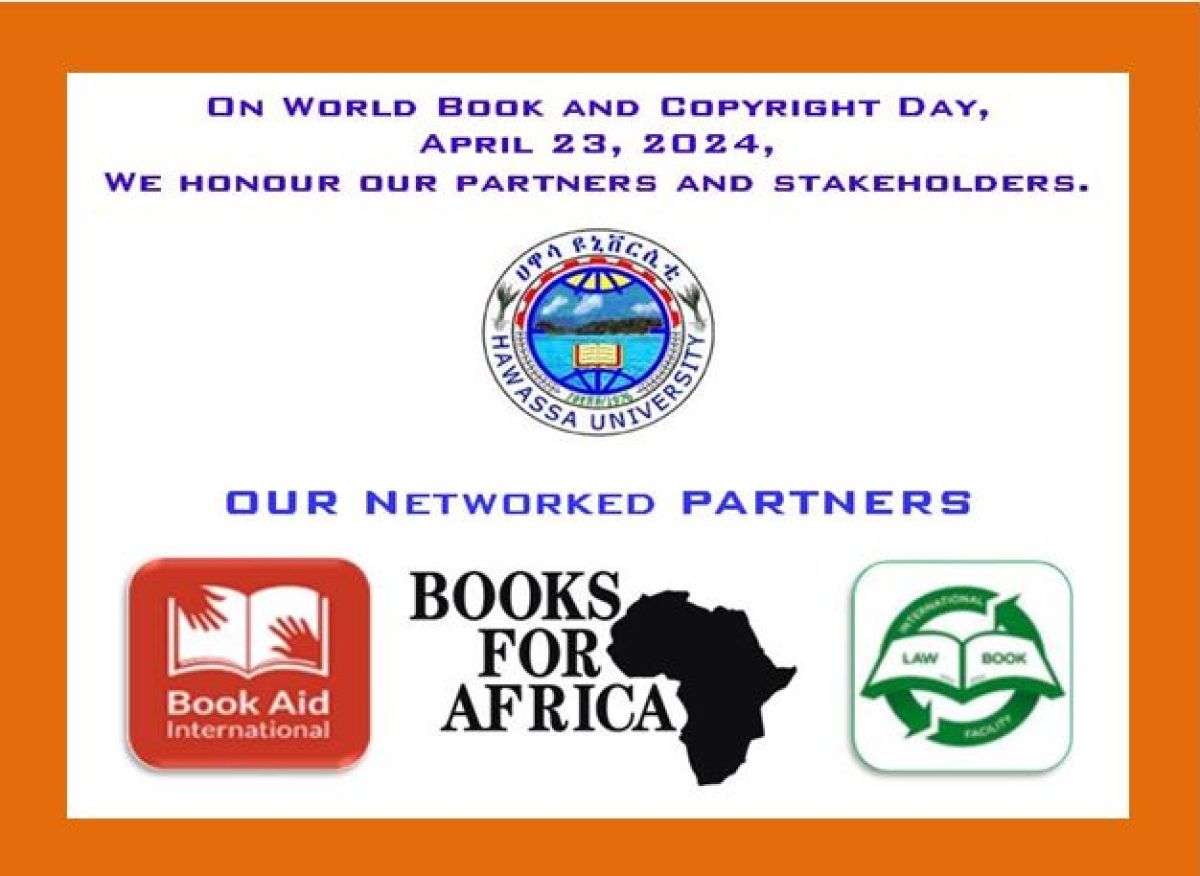
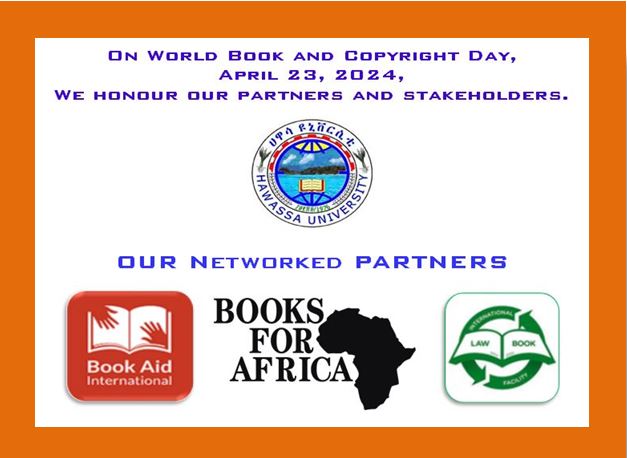
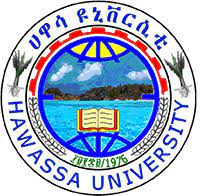
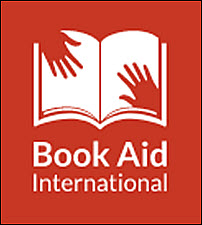





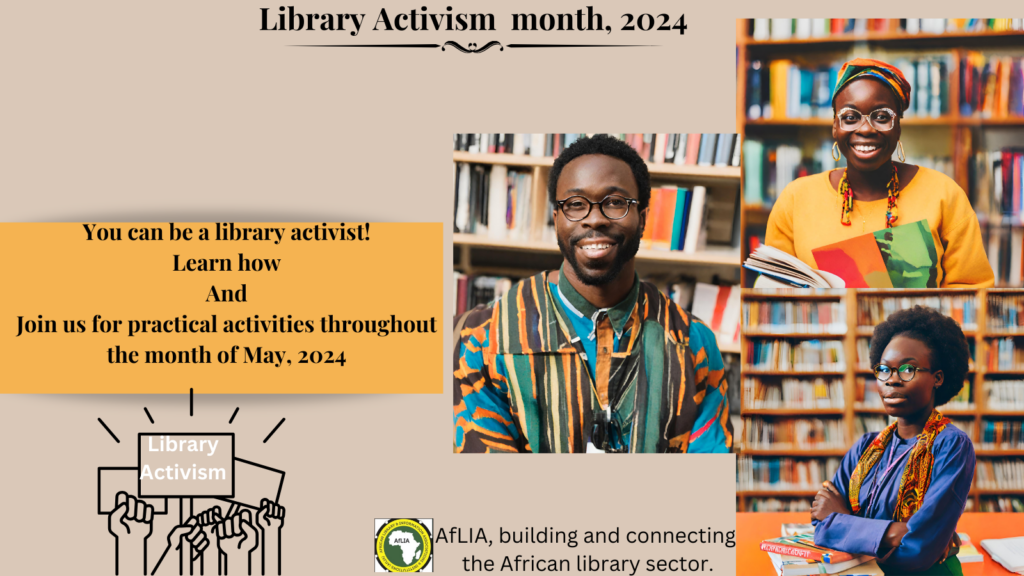
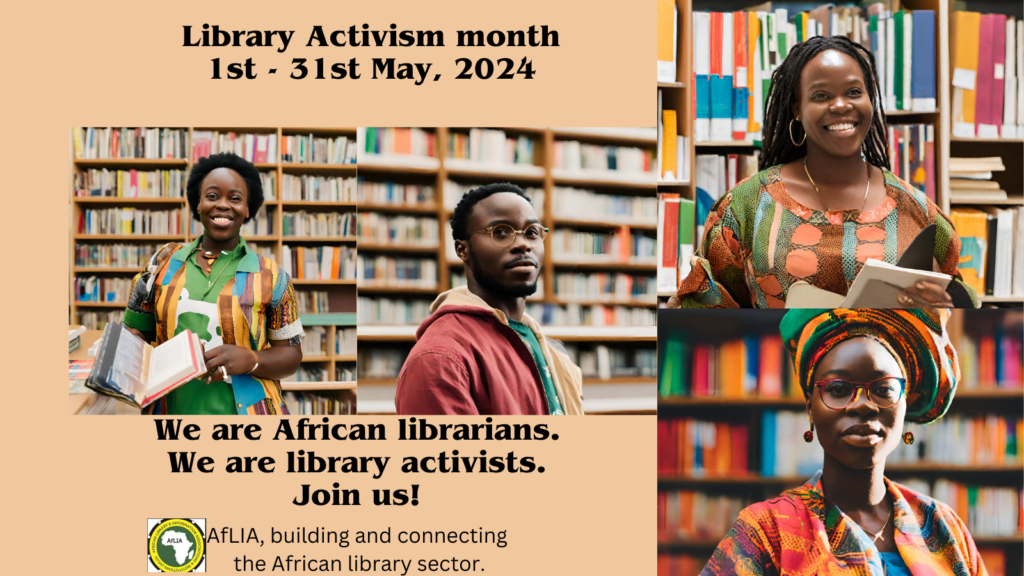
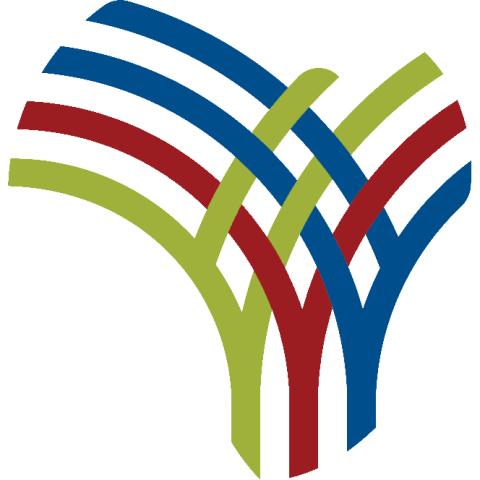
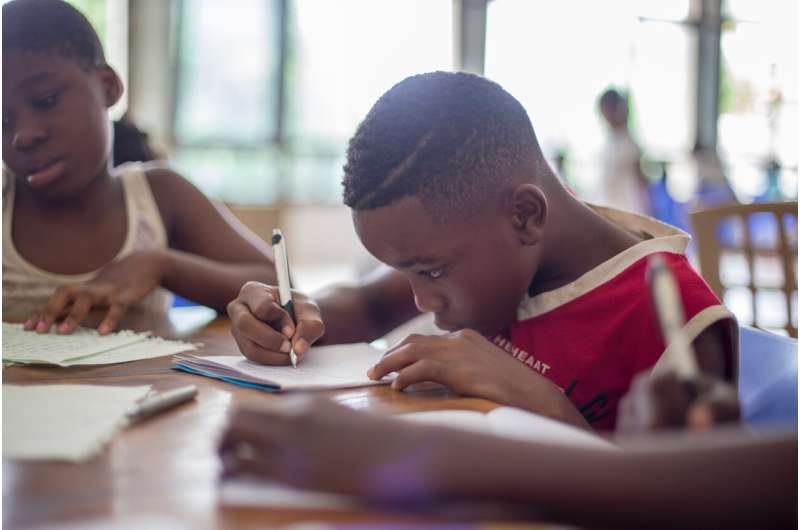
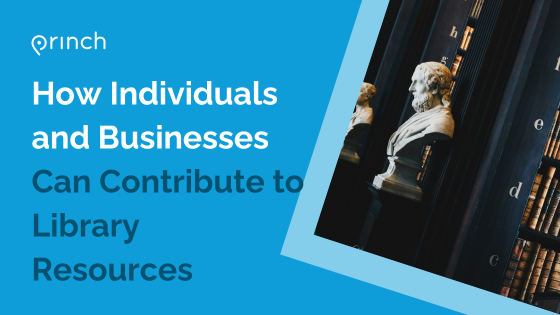
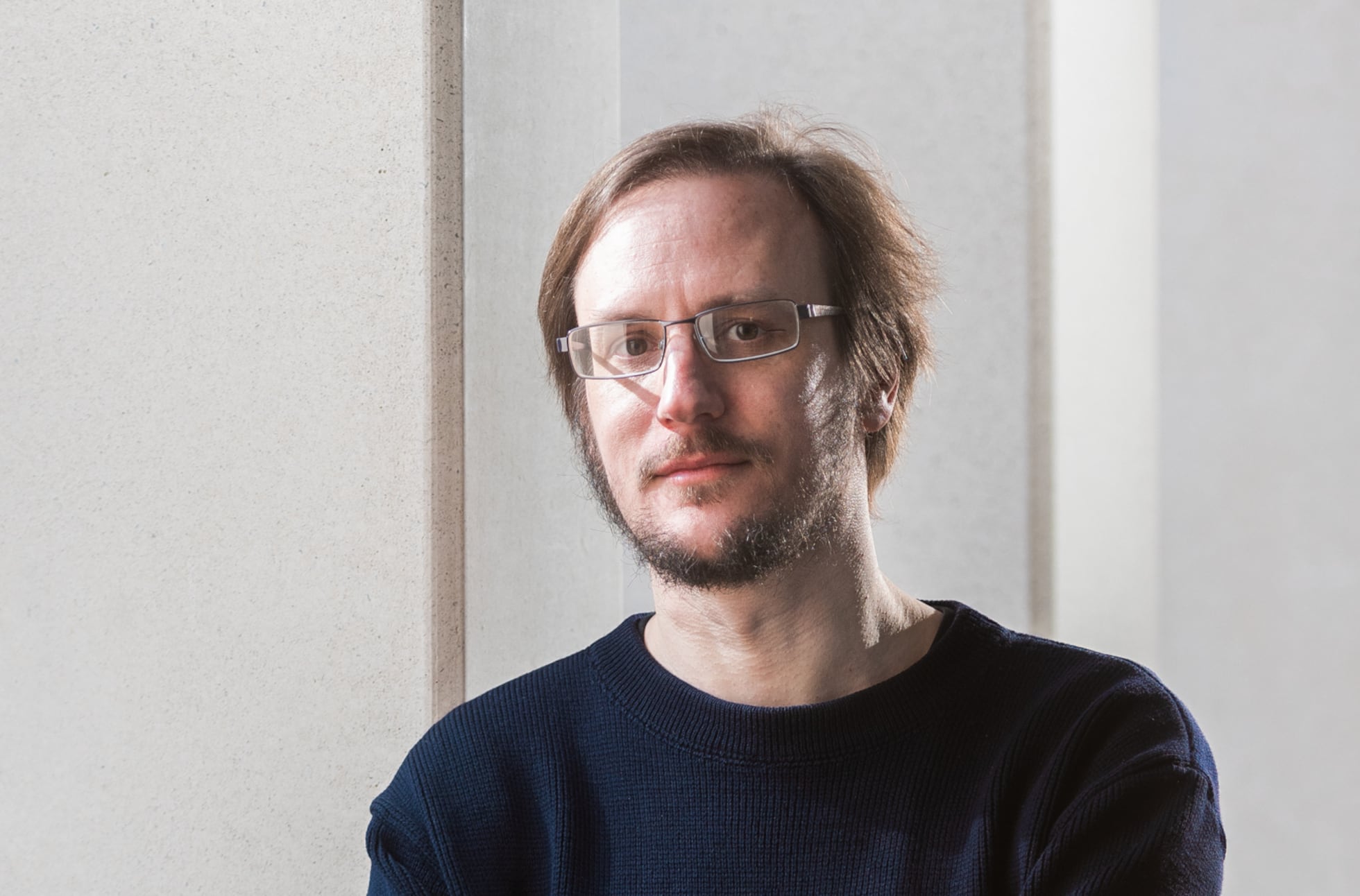
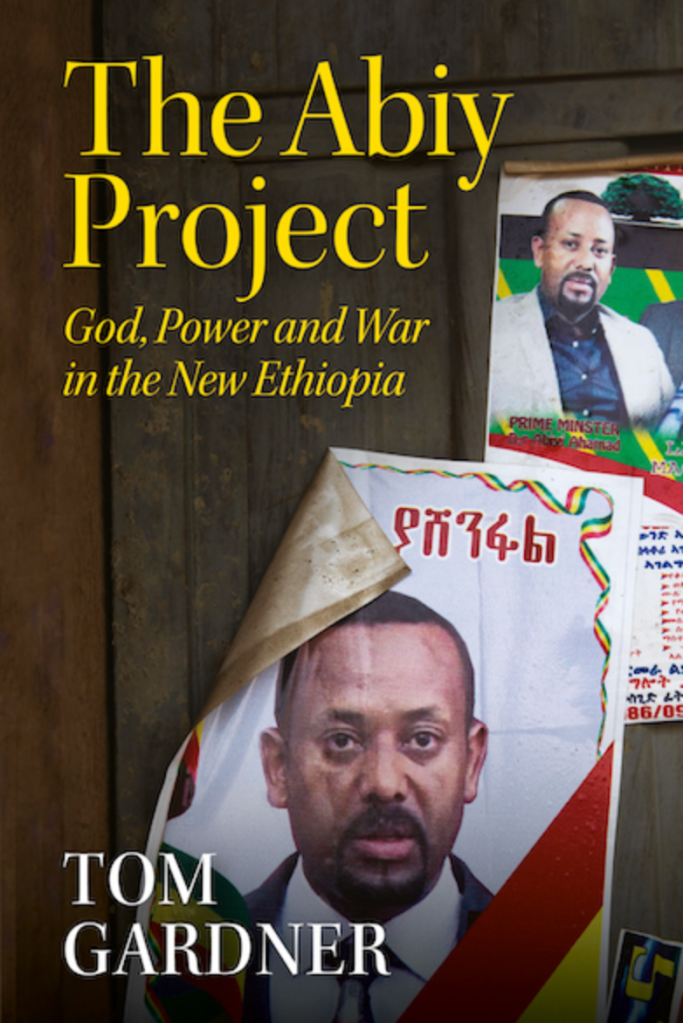

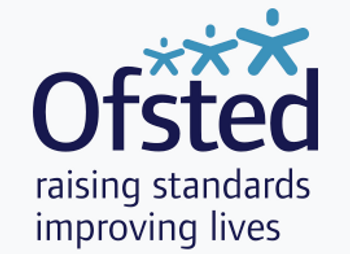


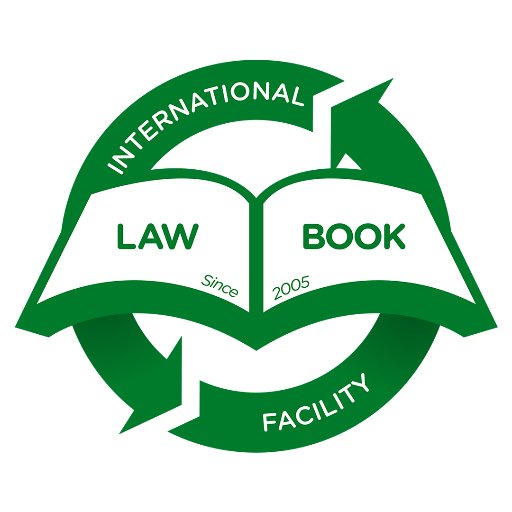

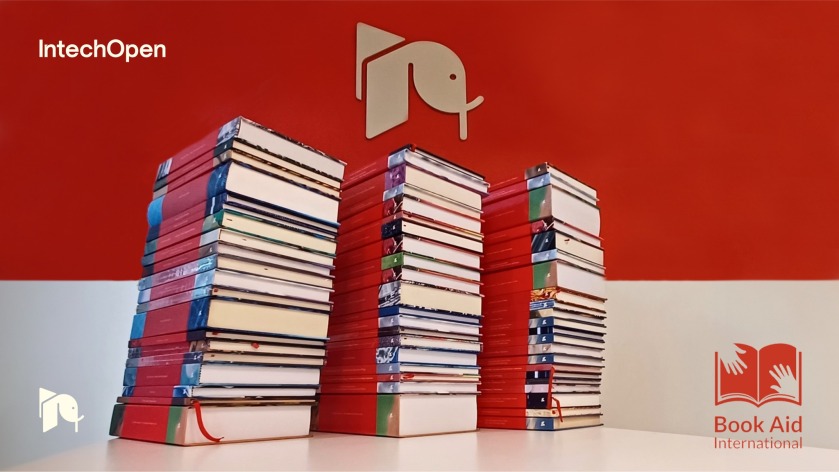
You must be logged in to post a comment.